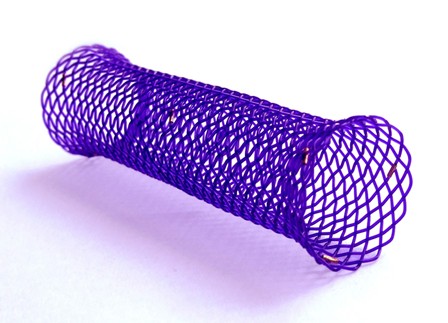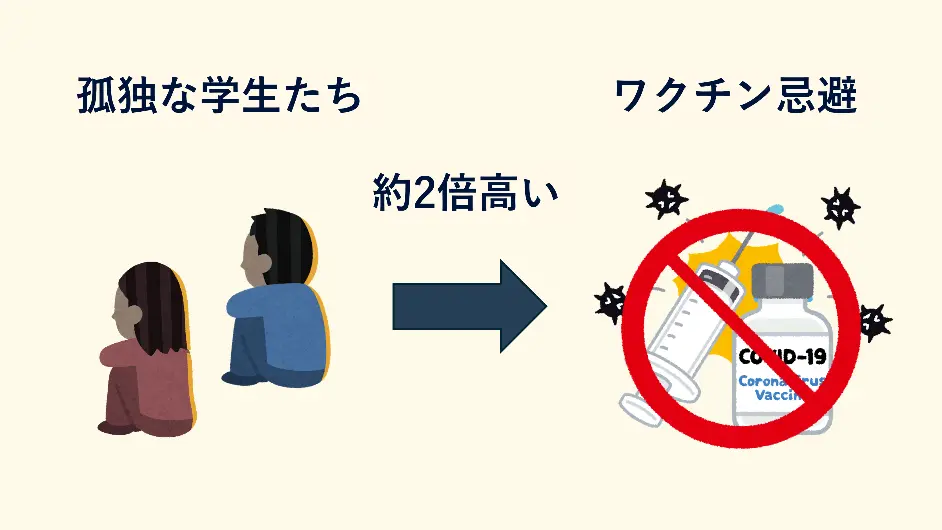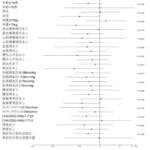2025-06-03 株式会社パイオラックスメディカルデバイス,国立がん研究センター

「ELLA-BDステントPX」 (イメージ画像)
<関連情報>
- https://www.ncc.go.jp/jp/information/pr_release/2025/0603/index.html
- https://www.ncc.go.jp/jp/information/pr_release/2025/0603/20250603.pdf
- https://link.springer.com/article/10.1007/s10388-022-00909-6
- https://www.giejournal.org/article/S0016-5107(17)30028-7/abstract
難治性良性食道狭窄患者に対する生分解性ステントの重要試験 Pivotal trial of a biodegradable stent for patients with refractory benign esophageal stricture
Tomonori Yano,Yusuke Yoda,Satoru Nonaka,Seiichiro Abe,Noboru Kawata,Toshiyuki Yoshio,Takashi Sasaki,Shinwa Tanaka,Fumisato Sasaki,Takao Maekita,Masayuki Kitano,Kenshi Matsumoto,Hiroyuki Isayama & Hiroyuki Ono
Esophagus Published:01 February 2022
DOI:https://doi.org/10.1007/s10388-022-00909-6
Abstract
Objective
Benign esophageal strictures (BES) cause dysphagia and decrease patients’ quality of life. Although mechanical dilation is the standard of care for BES, in some patients, dysphagia is unrelieved despite repeated procedures. The biodegradable stent was developed to resolve refractory BES, with reported favorable outcomes, but it is unapproved in Japan. Thus, we evaluated the safety and efficacy of the biodegradable stent (BDS) for patients with refractory BES for regulatory approval.
Methods
This was a nonrandomized single-arm prospective trial conducted at eight institutions. We included patients with BES after ≥ 5 times of dilation or ≥ one time of radial incision and cutting whose dysphagia score (DS) was 2 or worse and an endoscope could not admit. The primary endpoint was the proportion of patients whose DS improvement of ≤ 1 was maintained at 3 months.
Results
Thirty patients (median age: 69 years, male/female: 27:3) were enrolled and treated; BDS placement failed in 1 patient. Fourteen patients maintained their DS improvement until 3 months after placement (proportion of DS improvement at 3 months 46.7% [95% CI: 28.3–65.7]), and the median dysphagia-free survival was 98 days [95% CI: 68–123]. Most adverse events could be managed conservatively; however, a patient with BES after chemoradiotherapy (CRT) developed an esophago-left atrium fistula and died approximately 4 months after stent placement.
Conclusion
The BDS was effective for refractory BES and the safety was acceptable. However, the indication for this procedure in patients RECEIVING CRT for esophageal cancer should be carefully considered.
食道癌根治治療後の難治性良性食道狭窄に対する生分解性ステントの前向き試験 Prospective trial of biodegradable stents for refractory benign esophageal strictures after curative treatment of esophageal cancer
Tomonori Yano, MD ∙ Yusuke Yoda, MD ∙ Shogo Nomura, MS ∙ … ∙ Satoru Nonaka, MD, PhD ∙ Kazuhiro Kaneko, MD, PhD ∙ Akihiro Sato, MD, PhD …
Gastrointestinal Endoscopy Published:January 27, 2017
DOI:https://doi.org/10.1016/j.gie.2017.01.011
Abstract
Background and Aims
Biodegradable stents are reportedly effective for refractory benign esophageal strictures; however, little is known about their use in patients with refractory stricture after endoscopic submucosal dissection (ESD) or chemoradiotherapy (CRT) for esophageal cancer. This study aimed to evaluate the effectiveness of biodegradable stents for these patients.
Methods
Patients with refractory benign esophageal stricture with a dysphagia score (DS) of 2 or worse and for whom the passage of a standard size endoscope was not possible were eligible. The primary endpoint was the proportion of those who improved their DSs (% DS improved) at 12 weeks after stent placement, and the secondary endpoints were the proportion of those who improved their DSs at 24 weeks, dysphagia-free survival (DFS), and adverse events.
Results
Eighteen patients (men:women, 15:3; median age, 72 years; range, 53-80) were enrolled. Twelve patients improved their DS at 12 weeks (% DS improved, 66.7%; 90% CI, 44.6%-84.4%). Also, 8 of 11 patients (72.7%) after esophagectomy, 4 of 6 patients (66.7%) after ESD, and 3 of 4 patients (75%) after CRT improved at 12 weeks. Three patients who were treated with esophagectomy maintained their DS improvement at 24 weeks (% DS improved, 16.7%; 95% CI, 3.6%-41.4%). The median DFS was 14.1 weeks (95% CI, 13.0-19.0). One patient who had ESD and CRT developed an esophagobronchial fistula 3 months after stent placement.
Conclusions
Biodegradable stents are effective and tolerable for refractory benign esophageal strictures after treatment for esophageal cancer; however, long-term efficacy was limited, especially after ESD or CRT. (Clinical trial registration number: UMIN000008054.)

